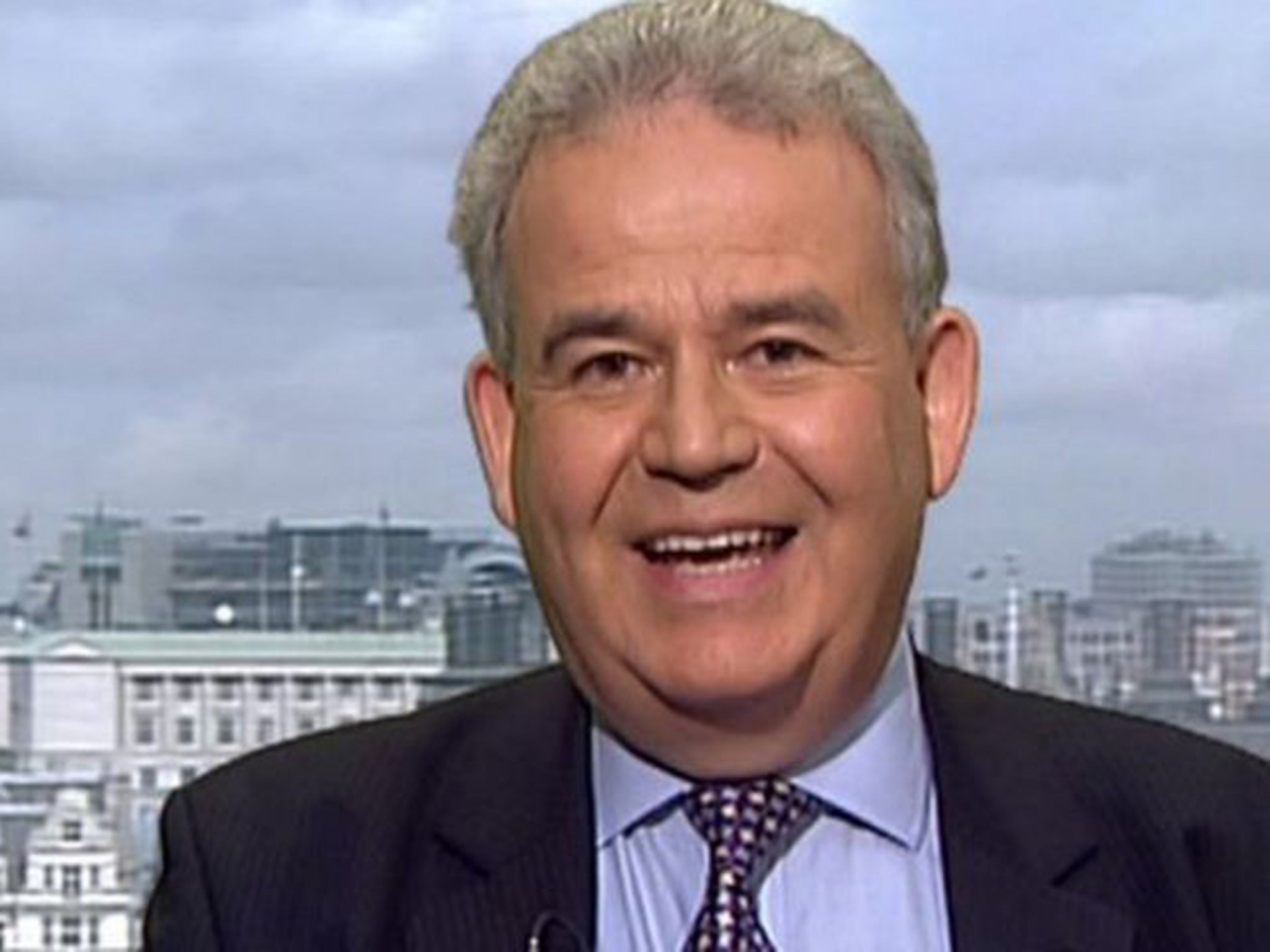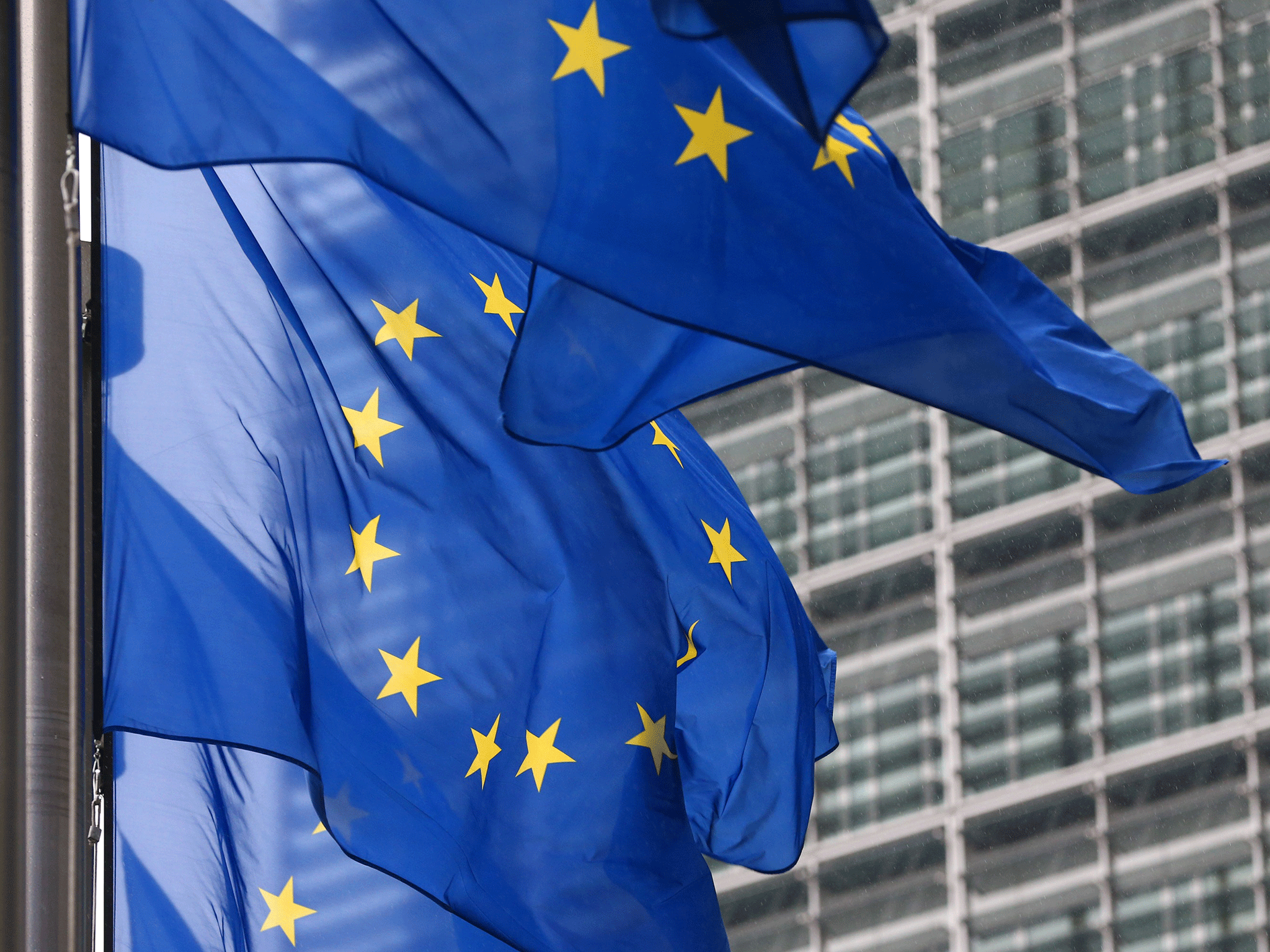Further European Union integration could plunge the EU’s member states into war with each other, the new chair of the parliamentary committee that scrutinises the armed forces has said.
Conservative MP Julian Lewis told parliamentary magazine The House that he feared for peace on the continent because of the European project’s “undemocratic” nature.
“The danger to the peace of Europe is if you change our system of sovereign democratic states to an undemocratic system,” he said.
“And indeed I do fear for the peace and stability of Europe. Because if ever they do manage to create this superstate I don’t believe they will be able to create it with the consent of the people concerned and I believe that it will necessarily be an undemocratic entity – and the moment you have undemocratic entities you have a danger of conflict.”

Dismissing the commonly-held idea that the EU has been a force for stability, Dr Lewis said membership of the Nato alliance had been more important in preventing conflict.
“Although it is sometimes said that the EU has prevented war in Europe, this is nonsense. There was a danger of war in Europe but that was the danger posed by the Soviet bloc, and the EU did nothing to prevent that, it was Nato that prevented that,” he told the magazine.
“There was never any prospect of war in Europe between the states that make up the EU as long as they remained constitutional democracies.
“There are countless cases of democracies going to war with dictatorships, dictatorships going to war with dictatorships, dictatorships going to war with democracies. But there are hardly any credible examples of a democracy going to war with another democracy.”
Dr Lewis’s intervention comes as David Cameron goes to Brussels to try and secure a British opt out of a clause in EU treaties committing member states to “ever-closer union” with each other.
The select committee chair also said he was “totally hostile” to any EU defence force and that defence spending should be targeted at 3 per cent of GDP.
The Government has so far declined to commit to a 2 per cent target advocated by Nato.
He also called for clearer thinking about what the priorities for defence spending might be ahead of the Government’s Strategic Defence and Security Review.

Join our commenting forum
Join thought-provoking conversations, follow other Independent readers and see their replies
Comments